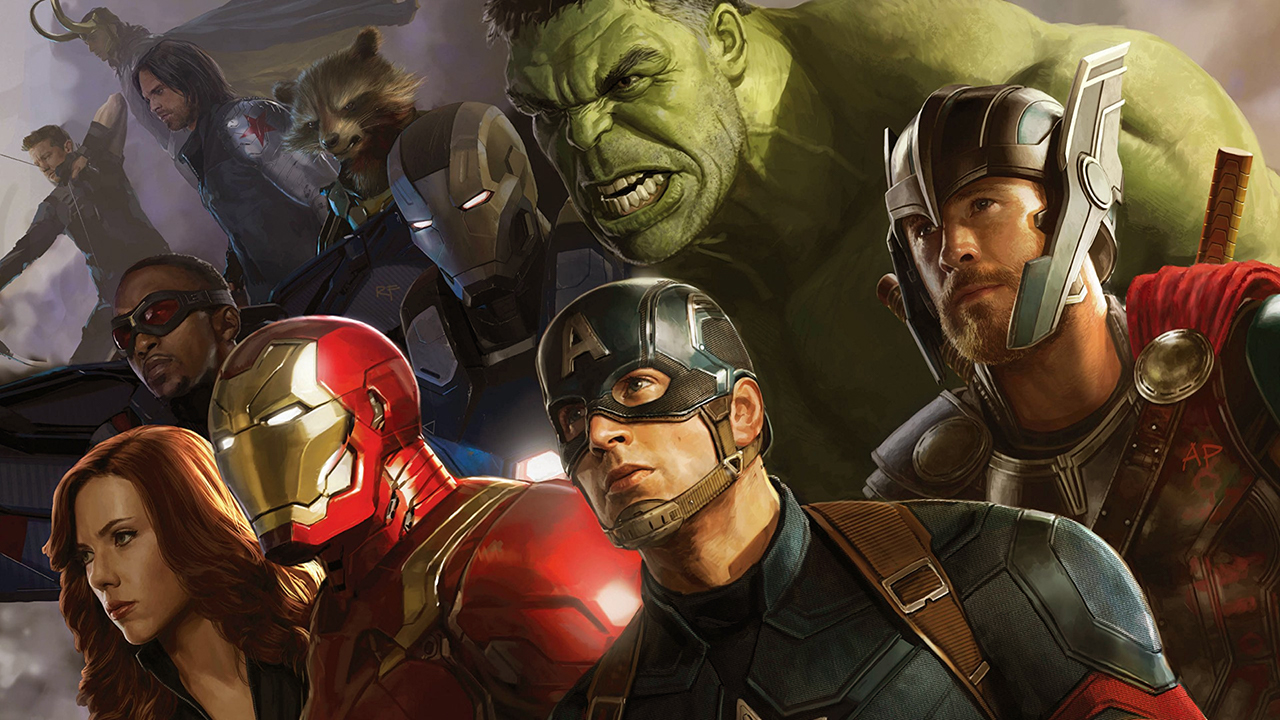The Marvel Cinematic Universe (MCU) is a cinematic powerhouse, reshaping modern Hollywood with its expansive universe, box office dominance, and unforgettable characters. Actors often see a Marvel role as a golden opportunity to achieve global fame, cementing their place in the hearts of millions. Yet, for all its allure, the MCU isn’t always the dream gig it’s perceived to be. Behind the dazzling VFX and billion-dollar box office receipts, some actors have expressed regret over their Marvel roles. Whether due to creative disagreements, physical demands, or unfulfilled character arcs, their experiences shed light on the challenges of working in this massive franchise.
In this blog, we’ll explore the reasons of actors who regretted their Marvel roles, delve into the untold stories behind their discontent, and discuss what aspiring MCU stars can learn from their experiences.
Why Marvel Roles Seem Like a Dream Job
-
The Marvel Success Machine
The MCU has been a cultural phenomenon since the release of Iron Man in 2008. With over $28 billion in global box office earnings, the franchise has redefined what it means to create interconnected cinematic storytelling. Actors like Robert Downey Jr., Chris Evans, and Scarlett Johansson have witnessed unprecedented career boosts thanks to their Marvel roles.
-
Perks of Superhero Stardom
Global Recognition: A Marvel movie guarantees international exposure.
Financial Security: Actors often receive lucrative paychecks and potential royalties from merchandise sales.
Cultural Legacy: Being part of a beloved franchise leaves a lasting mark on pop culture.
Despite these advantages, not every actor has found the experience fulfilling, with some openly voicing their discontent.
Actors Who Regretted Their Marvel Roles
-
Edward Norton (The Incredible Hulk)
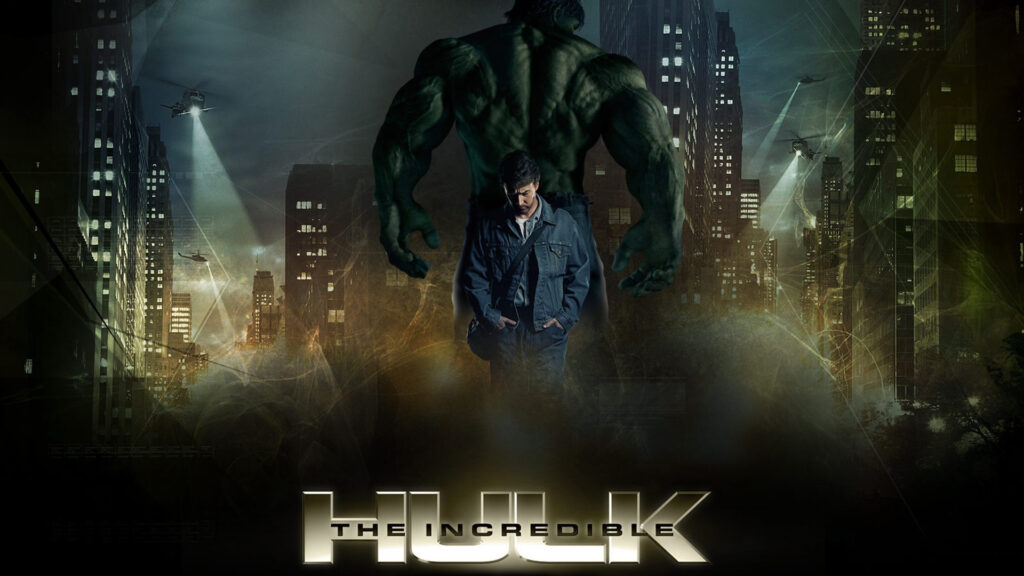
Edward Norton’s portrayal of Bruce Banner in The Incredible Hulk was praised for its depth, but his behind-the-scenes relationship with Marvel Studios was rocky. Norton wanted more creative control, contributing to rewrites and clashing with producers. Ultimately, Marvel replaced him with Mark Ruffalo, citing a need for someone more collaborative.
Key Takeaway: Norton’s experience highlights the tension between artistic freedom and Marvel’s tightly controlled narrative vision.
-
Terrence Howard (Iron Man)
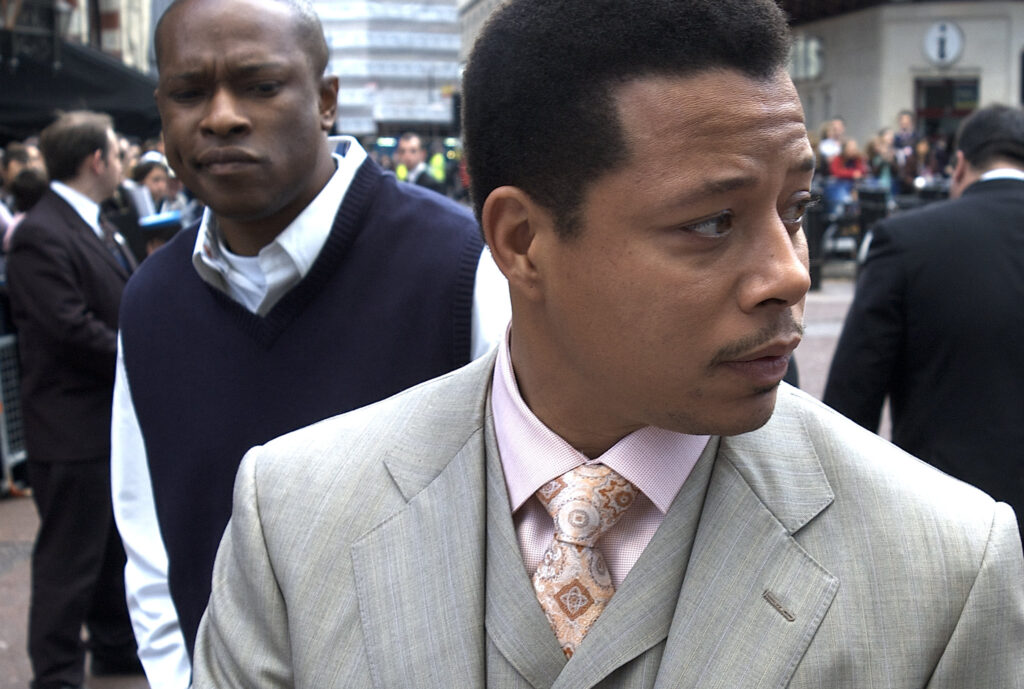
Initially cast as James “Rhodey” Rhodes, Howard was reportedly the highest-paid actor in Iron Man. However, disputes over pay for the sequel led to his departure, with Don Cheadle stepping into the role. Howard later expressed disappointment over what he perceived as unfair treatment.
Key Takeaway: Financial negotiations can be a sticking point in a franchise that demands long-term commitments.
-
Natalie Portman (Thor Franchise)
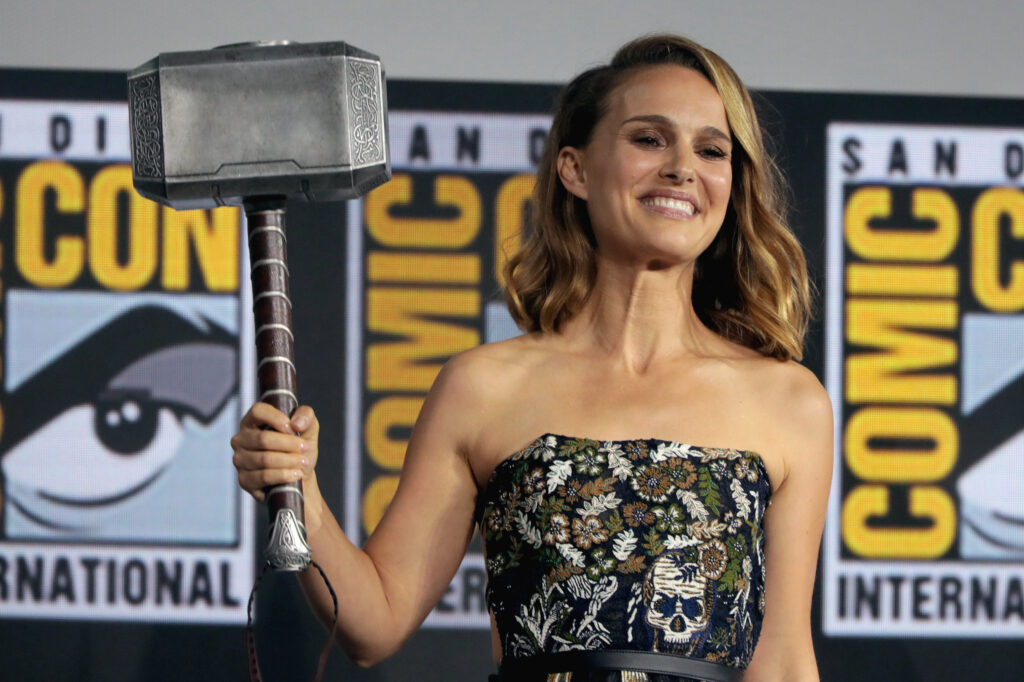
Portman played Jane Foster in the first two Thor films but grew dissatisfied with her character’s lack of depth. Her frustration peaked after Marvel dismissed Patty Jenkins, the initial director of Thor: The Dark World. Portman left the franchise but later returned for Thor: Love and Thunder.
Key Takeaway: Character development and creative differences significantly impact actors’ experiences in the MCU.
-
Hugo Weaving (Red Skull)
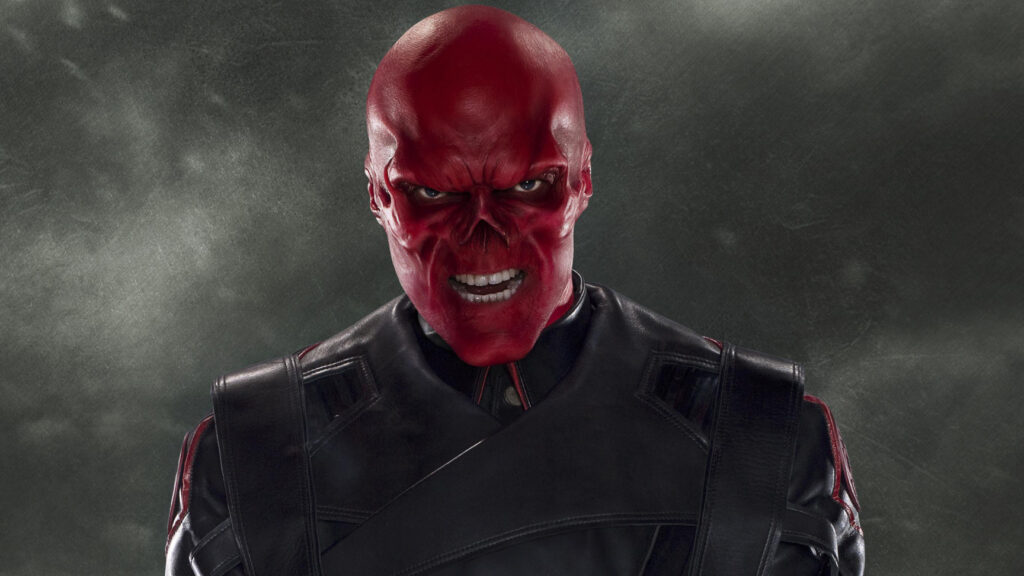
Hugo Weaving’s performance as Red Skull in Captain America: The First Avenger was menacing and memorable. However, he found the role physically taxing due to the elaborate makeup process and expressed little interest in reprising it.
Key Takeaway: Physical demands, such as prosthetics, can deter actors from continuing their roles.
-
Mickey Rourke (Iron Man 2)
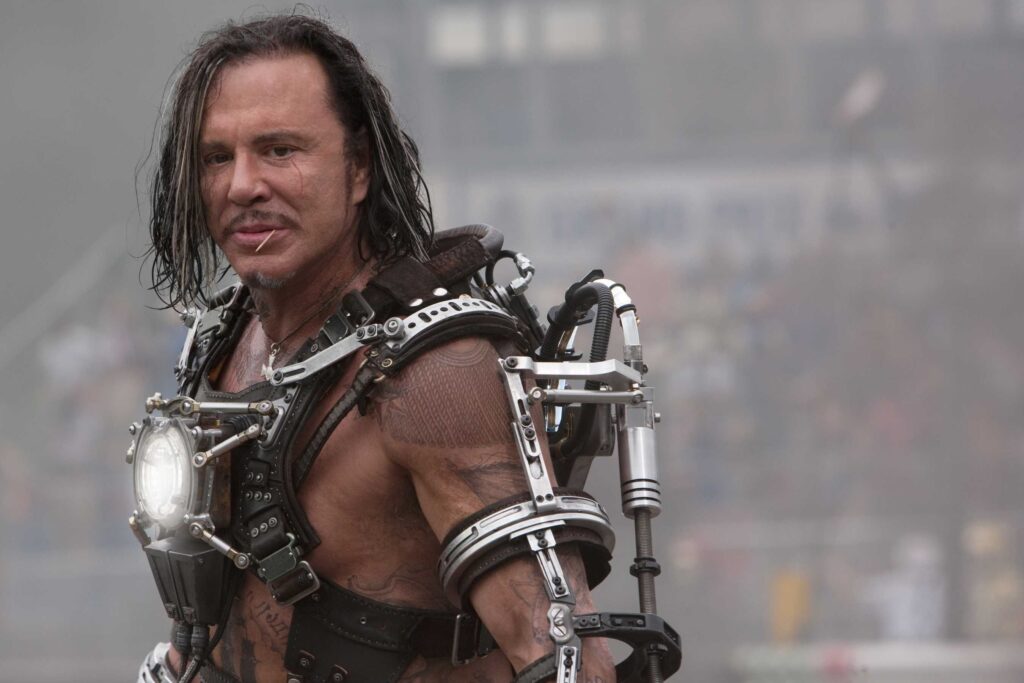
Rourke, who played the villain Whiplash, criticized the final cut of Iron Man 2, claiming his nuanced character portrayal was reduced to a caricature. He was vocal about his dissatisfaction with the lack of character depth.
Key Takeaway: Villains often struggle for screen time and depth in superhero films, frustrating actors seeking complexity.
-
Idris Elba (Heimdall)
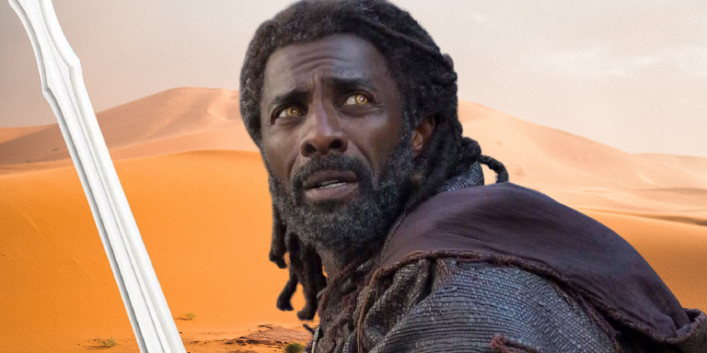
Elba’s role as Heimdall in the Thor franchise was visually striking but limited in scope. The actor spoke about feeling creatively stifled and described the filming process as “torture” due to its grueling demands.
Key Takeaway: Supporting characters in ensemble casts can feel underutilized, leaving actors unsatisfied.
-
Christopher Eccleston (Malekith)
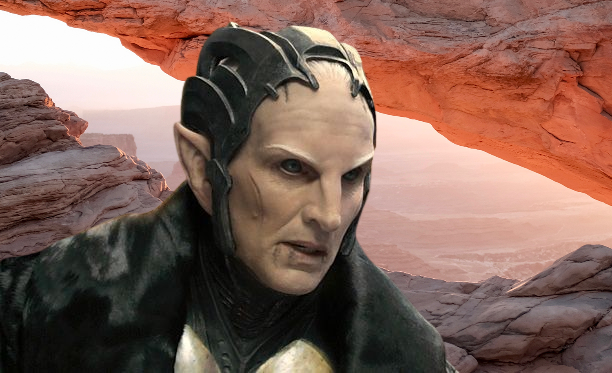
Eccleston played Malekith, the villain in Thor: The Dark World, but later criticized the film’s script and his character’s lack of depth. He also found the prosthetics process exhausting and expressed regret about taking the role.
Key Takeaway: A poorly written role can overshadow even a talented actor’s performance.
-
Josh Brolin (Thanos)
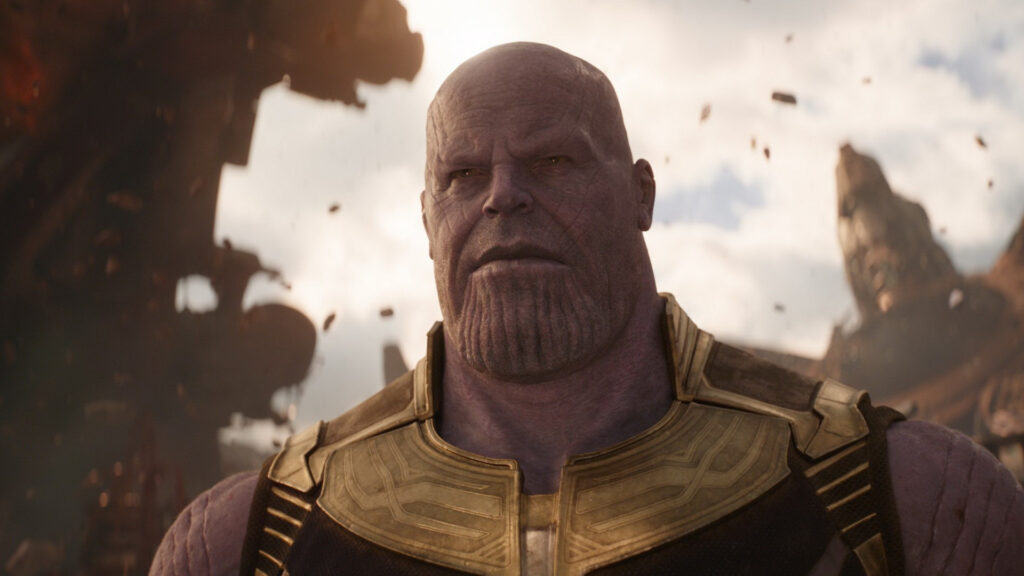
While Brolin’s portrayal of Thanos earned critical acclaim, the actor admitted to initial hesitations about joining the MCU, fearing it would overshadow his career. He later embraced the role but remained candid about his early doubts.
Key Takeaway: Even major successes can come with initial uncertainty and hesitation.
Common Reasons Behind the Regret
-
Creative Disagreements
Actors like Norton and Rourke have expressed frustration with Marvel’s strict creative control, which leaves little room for improvisation or personal input.
-
Demanding Schedules
Marvel’s tight production timelines often clash with actors’ other commitments, leading to burnout.
-
Character Development Issues
Underdeveloped roles, particularly for supporting characters and villains, often leave actors feeling shortchanged.
-
Typecasting Fears
Joining the MCU can make it difficult for actors to be seen outside of their superhero personas, as noted by Chris Evans and Robert Downey Jr.
-
Financial Disputes
Pay disagreements, as seen with Terrence Howard, can sour actors’ experiences within the franchise.
Industry Insights: Lessons for Future Marvel Actors
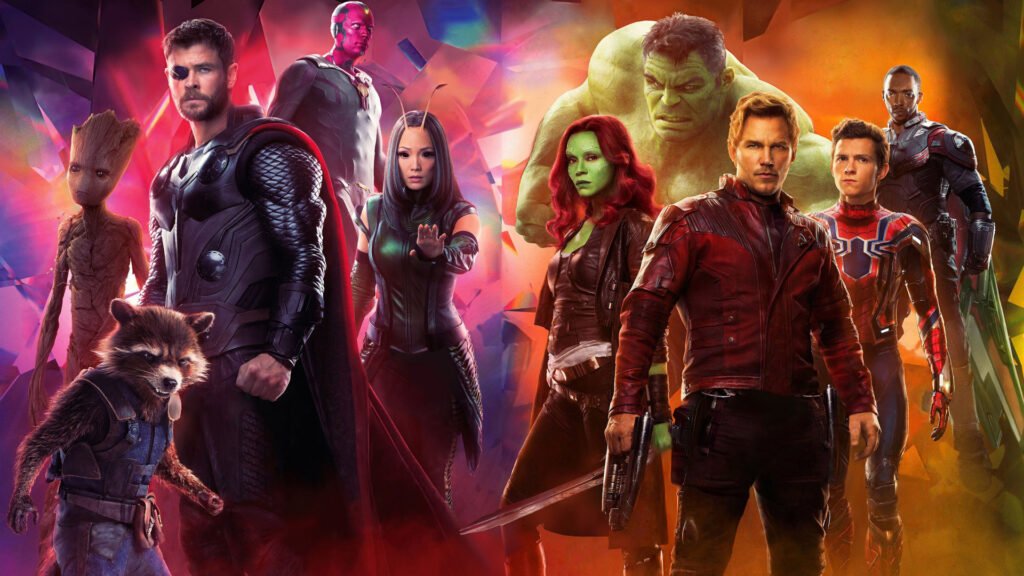
Understand the Commitment: Joining Marvel requires balancing creative aspirations with the studio’s vision.
Negotiate Smartly: Secure contracts that align with long-term career goals.
Prioritize Versatility: Explore diverse roles outside the MCU to avoid typecasting.
FAQs
Why did Edward Norton leave the MCU?
- Creative differences with Marvel over The Incredible Hulk.
Who replaced Terrence Howard as Rhodey?
- Don Cheadle took over the role in Iron Man 2.
Which actor criticized their Marvel character’s depth the most?
- Mickey Rourke and Christopher Eccleston are notable examples.
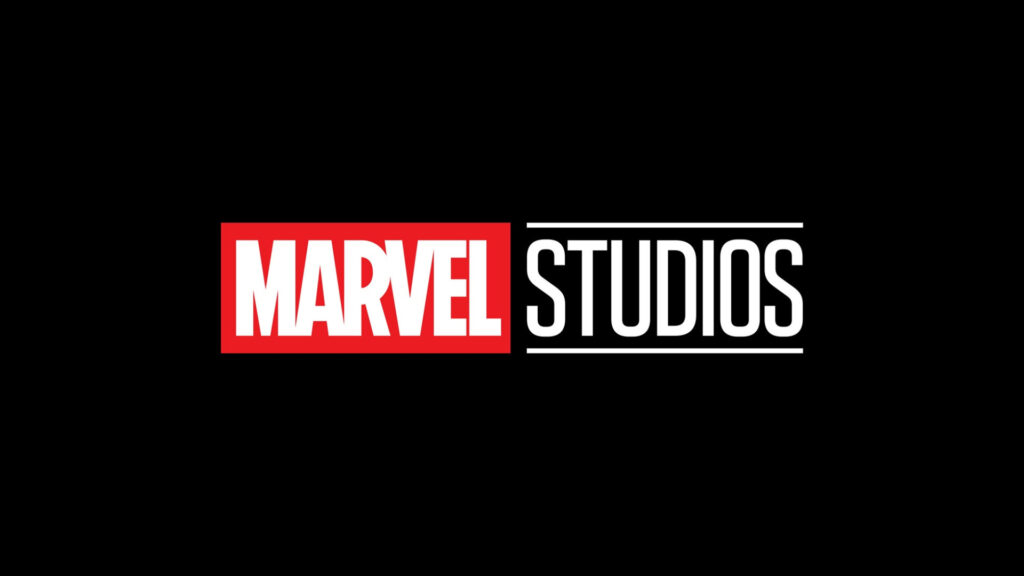
Conclusion
While the MCU offers immense opportunities, it also comes with challenges that can leave some actors regretting their roles. From creative frustrations to demanding schedules, their experiences highlight the complexity of participating in a blockbuster franchise. For aspiring Marvel stars, understanding these dynamics is key to making the most of such iconic roles.
By exploring these untold stories, we gain insight into the human side of superhero stardom—a reminder that even in the world of Marvel, every role comes with its own challenges.

